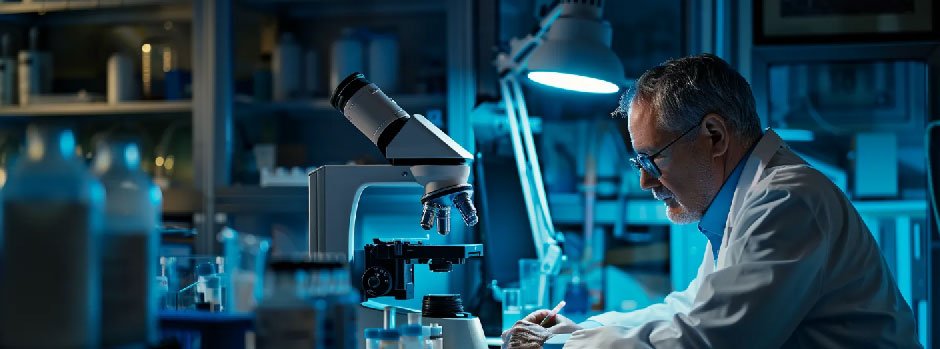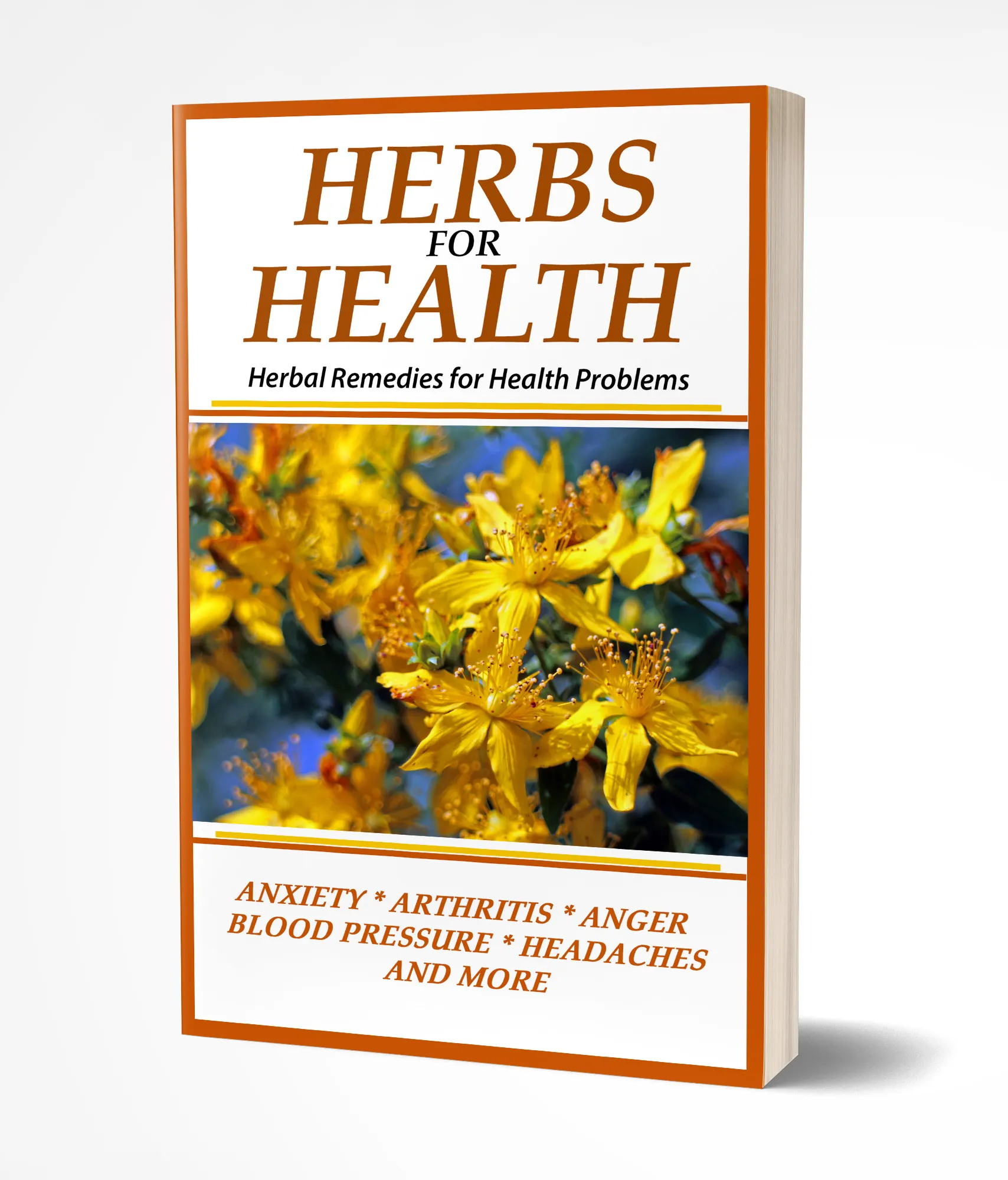Amygdalin, often identified as Vitamin B17, has stirred the medical community with discussions about its potential benefits and efficacy, particularly in alternative cancer therapy. Extracted from certain fruit pits and other natural sources, this compound has a rich history and remains a topic of contention among health professionals today. As we explore the intricacies of amygdalin, its role in nutrition, and the ongoing debate regarding its safety and medical use, the layers of complexity around this naturally occurring substance begin to unfold. Keep reading to dive deeper into understanding what amygdalin B17 is, its historical uses, and what modern science says about its potential health benefits.
Nutritional Sources of Amygdalin B17 and Daily Recommendations
Amygdalin B17 occurs naturally in a range of foods, most famously in the kernels of fruits such as apricots, peaches, and apples. It’s also present in small quantities in certain nuts like bitter almonds and in legumes, including lima beans and chickpeas. Those interested in incorporating amygdalin into their diets have a variety of sources to choose from.
Nutritionists often emphasize the importance of a balanced diet and caution against consuming large amounts of amygdalin due to the associated risks. There are currently no official daily recommendations for amygdalin intake, primarily because it is not classified as an essential nutrient and the potential for harm exists when consumed inappropriately.
For individuals inquiring about amygdalin b17 where to buy, supplements are available, albeit not widely endorsed by health authorities. When considering supplements or increasing dietary intake of amygdalin-rich foods, it’s essential to consult a healthcare professional who can provide guidance based on an individual’s specific health needs and concerns.
Analyzing the Evidence: Amygdalin B17 Clinical Studies and Results
The scientific community operates on empirical evidence, and when it comes to amygdalin B17, the data is limited and often inconclusive. Some laboratory studies on cancer cells and animal models have suggested that amygdalin may impede tumor growth, but translating these results to human subjects has proved challenging. The issues of proper dosage, administration methods, and potential harm have hindered its acceptance.
Holistic practitioners who favor natural compounds argue that amygdalin’s efficacy might be underestimated due to the prevalence of conventional treatment modalities. They point to anecdotal success stories and historical usage as signs that further research could yield positive results. However, the high-quality, large-scale clinical trials necessary to shift scientific consensus are still missing.
Despite occasional reports of beneficial effects, the lack of comprehensive studies means that the medical establishment remains skeptical of amygdalin’s purported benefits. Ongoing dialogue and research may someday provide more definitive answers about its role in cancer care and general health.
Safety Concerns and Potential Side Effects of Amygdalin B17 Usage
The use of amygdalin B17 is not without its detractors, primarily due to safety concerns surrounding the compound’s conversion to cyanide in the body. Cyanide is a potent toxin that can lead to serious health issues, including death if ingested in significant quantities. This fact alone fuels the call for a cautious approach and strict scrutiny in the use of amygdalin B17 for any therapeutic purpose.
Side effects associated with high intake of amygdalin include nausea, headaches, dizziness, and even the risk of cyanide poisoning. Medical supervision is vital, and self-medication with amygdalin is strongly discouraged. Anyone considering its use should be fully informed of the potential dangers and be under the care of a health professional who can closely monitor for adverse effects.
Overall, while the allure of a natural compound like amygdalin B17 as an alternative therapy remains, the lack of scientific consensus calls for caution. Safety concerns, particularly the risk of cyanide poisoning, cannot be ignored, and thus, the discourse surrounding amygdalin continues to be one of caution and skepticism pending further research.
The post The Potential Benefits of Amygdalin B17: A Comprehensive Guide appeared first on Heal How.









